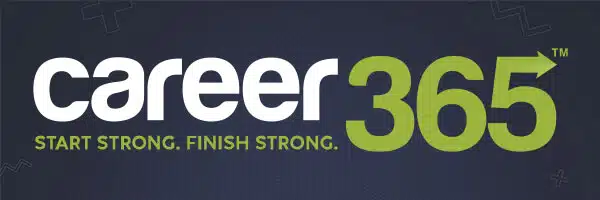It’s a common misconception that onboarding begins at the job interview stage. While, of course, this is when most organisations meet their prospective employees for the first time and the onboarding process can technically begin, recruitment firms and managers are positioned to know and be working with candidates before an interview is even scheduled, right through until the end of the probationary period.
In the current environment, placing candidates is a difficult task for recruitment firms and managers. The candidate-short market is making it trickier than ever.
Recently, I made a placement through my recruiting business Soulidify and the process reminded me of just how important it is for recruiters to be doing what they can to care for their candidates and prepare them to transition into their new role with ease, right from the word ‘go’.
1. Understand the motivations of the candidate
Getting to know the candidate well is critical. Communicate closely and regularly to understand what is most important to them in terms of their career.
Are they concerned about their remuneration? What stage of life are they at, and how is that impacting their career? What are their values? What are their motivations?
Communicate with them to make sure they understand what’s involved in any prospective role and uncover what interests them about meeting with certain organisations. Then, once they have met with them, get thorough feedback to know whether the candidate and the organisation are a good match.
Recently, while placing a candidate through my recruitment firm, Soulidify, I discovered that while remuneration was important to them, what they really wanted was to ensure that they could have a vacation period before starting their new role – namely between ending their current role and moving into the next one, so that they could take time out, process, and prepare themselves for what was to come next.
2. Nurture the candidate/client relationship
Before a placement is made, candidates and organisations are still ‘courting’ each other. Both parties want to know if the other is a good fit for them. Do values align? Do personalities gel?
Recruitment firms can solidify this relationship and nudge it in the right direction by getting feedback from both the candidate and the client and evaluate whether, on first impression, they are a good match.
In this recent placement, I was able to work with both parties to connect them further. The organisation was a scaling organisation employing under 100 people, with Directors who were more hands-on, so we made sure that the candidate got to meet the Directors, but we also went beyond the key decision makers to help them learn more about the people they would be working with.
Building and nurturing candidate/client relationships is a key component of candidate care.
3. Mitigate referee poaching risks
Taking up a new role is not instant. A candidate may divulge to their referees that they are on the lookout for a new role and, as soon as they do, they are bringing other people into the equation, making it known that they’re looking for a change in their employment situation. This can open up the opportunity for the referees themselves to ‘poach’ the candidate with a different – and perhaps better – offer.
Recruitment firms and HR departments should be doing everything they can to be caring for candidates throughout this time to ensure that the candidate is comfortable with the offer they have been given and cannot be enticed in another direction.
Referees are not the only risk during the final stage of hiring. Recruiters, hiring, and Talent Acquisition managers need to be caring for their candidate to ensure they’re clear on their needs, values and motivations so that they can be sure they’re able to connect candidates with the best opportunity possible, so that they don’t feel the need to look elsewhere.

Image credit: https://bit.ly/3evc10b
4. Enable a smooth transition
Once a candidate is ready to take up a role with the organisation, too many recruitment firms and Talent Acquisition managers encourage the candidate to resign, without offering support. Candidates need support as they make this difficult transition so that they feel confident and sure of their move, rather than uncertain, which may lead to them wilting and not going through with the offer.
There’s still a lag between resigning and commencing a new role. Paperwork might be signed, but as the old saying goes, “It ain’t over until it’s over”. A candidate can renege on their offer.
This ‘in-between’ time can be fraught with danger. Recruitment firms and managers must go the extra mile to understand a candidate’s pain points, help them leave their old role in a way that leaves a good last impression, and navigate the risks that can pop up in this time. It helps to ensure that the candidate will follow through, instead of being lured elsewhere or, worse, staying where they are – unhappy and dissatisfied, but enticed by higher remuneration. Offboarding is an important piece of the puzzle, just as much as onboarding is.

Onboarding starts before the job interview
Organisations need to ensure that their HR departments or their recruitment firms can deliver this kind of candidate care.
It’s in everyone’s best interest that a candidate fits in as a productive member of the team and candidate care at these early stages can mean that a candidate integrates smoothly into the organisation, successfully making it through the probationary period and improving an organisation’s productivity and efficiency.
Do you need help with supporting your employees?
Want to support your employees through restructures and redundancy with effective onboarding, stay interviews, offboarding and outplacement programs? Get in touch with me today to discover how Career365’s Programs can help to implement affordable outplacement for all your employees. Click here for more information.
Resources
Get advice delivered straight to your inbox as you look to support your team. Sign up to my Career Transitioning Tips newsletter designed for employers, managers and leaders to hear the latest insights on outplacement and offboarding.



